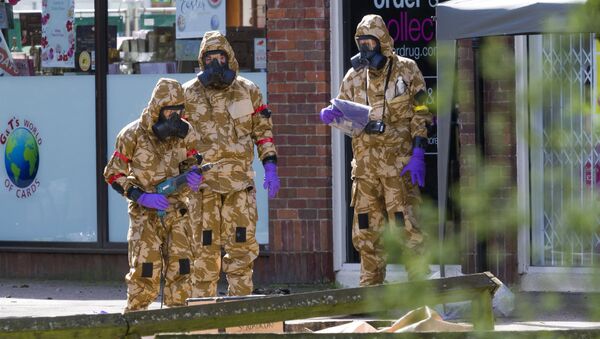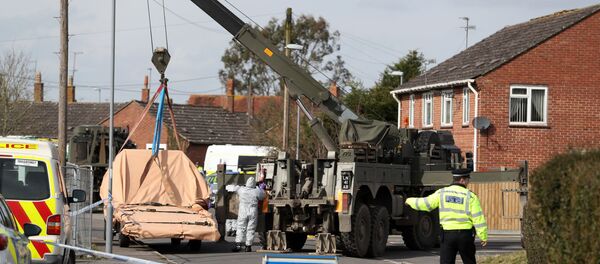The news was announced in a joint press release from UK defence minister Tobias Ellwood MP and UK defence secretary Gavin Williamson CBE MP, which details the UK government's five-year plan to update 33 key military sites across the UK.
The UK government initially planned to close five bases in 2016, including the Royal Marine bases in Chivenor, Arbroath, and Norton Manor, as well as Rock Barracks in Woodbridge, Suffolk and Cambridgshire-based intelligence security site RAF Molesworth, which is used jointly with the US Armed Forces.
The closures of the HMS Sultan, which houses the Royal Naval Marine Engineering and Air Engineering and Survival schools, will also be postponed in order to "give our service personnel the certainty to put down permanent roots and fully integrate with the local community", Mr. Ellwood said.
"We have already committed £4 billion to optimise our military sites and today's update will ensure our estate continues to fulfil our needs and support our people for the next five years," Mr. Williamson said.
— Ministry of Defence 🇬🇧 (@DefenceHQ) February 28, 2019
He added: "By providing further clarity on the future of key sites, not only will we protect our national security and support military objectives, but we will provide more stable employment and education opportunities for military families."
The closures were part of the UK government's 2016 Defence Estate Optimisation Programme based on a 25-year plan worth £4bn to streamline defence forces into a "smaller, more modern and more focussed estate".
The UK's Defence Estates comprise two percent of the UK's landmass, which is "too big, too expensive, with too many sites in the wrong locations", the report read.
READ MORE: RUSI Brexit Report Attacks China's Rise, Belt and Road Without Citing Evidence
More than 40 percent of all Defence Estates are over 50 years old, the Defence Ministry said, adding that they did not "support the future needs of the UK Armed Forces or represent the best value for the taxpayer."
The Woodbridge-based Rock Barracks in Suffolk will also house the UK's nascent 28 Engineer regiment trained to tackle chemical, biological, radiological and nuclear (CBRN) 'decontamination' attacks.




